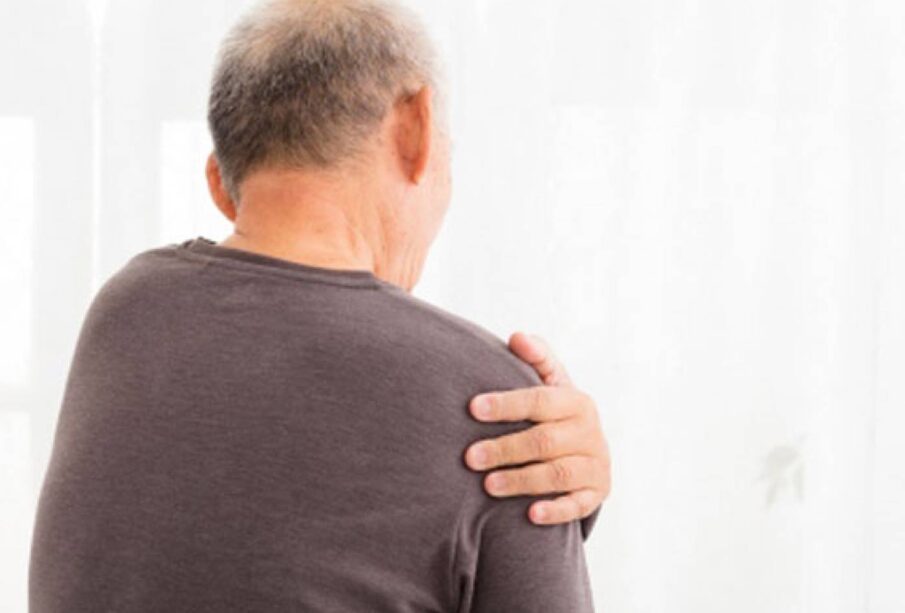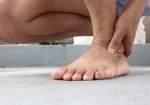Understanding The Psychological Aspect Of Pain Management

Imagine walking the busy streets of Arlington, feeling a sudden, sharp sting in your foot. It’s like a swarm of bees attacking, but nobody else can see it. It’s your own invisible enemy – Arlington neuropathy. That’s what we’re diving into today: the psychological aspect of pain management. In the world of medicine, we often focus on the physical, forgetting that our minds play a colossal role too. So, let’s open that door and explore the unseen realm that impacts our perception of pain.
The Mind-Body Connection
Think of the tale of the legendary Greek king, Sisyphus. Tasked by the gods to push a boulder up a mountain, only to have it roll down again. Endlessly. The physical labor was immense, sure. But consider the mental toll. A similar struggle happens within us when we battle chronic pain. It’s an uphill task with seemingly no end. And that’s where the psychological aspect comes into play.
The Role of Stress
Imagine your boss just assigned you a project. It’s due tomorrow. Your heart races. Sweat forms on your brow. That’s stress. And it can amplify pain. The body goes in ‘fight or flight’ mode, releasing chemicals that can increase how intensely we feel pain. The mental and physical aren’t separate – they’re intertwined. That’s why managing stress is so crucial in pain management.
Tackling Negative Emotions
Back in the 18th century, a ship was stranded at sea. The crew was running out of supplies. Fear, depression, anger – they all settled in. Now, transpose that scenario to living with chronic pain. It’s a similar emotional storm. These negative emotions can increase our sensitivity to pain, making it worse. So, tackling these emotions is a key part of pain management.
Finding Relief
So, how do we fight this invisible enemy? Three simple steps:
- Exercise: It releases endorphins – nature’s painkillers.
- Therapy: Talking about your pain helps. It’s like shedding emotional weight.
- Relaxation techniques: Yoga, meditation, deep breathing. They all help soothe the mind, lowering the perception of pain.
It’s not an easy path, but it’s certainly not an impossible one. Remember, tackling chronic pain isn’t just about treating the physical. It’s about addressing the psychological, too. And in that fight, know that you’re not alone. There’s help. There’s hope. And there’s a way forward.
















